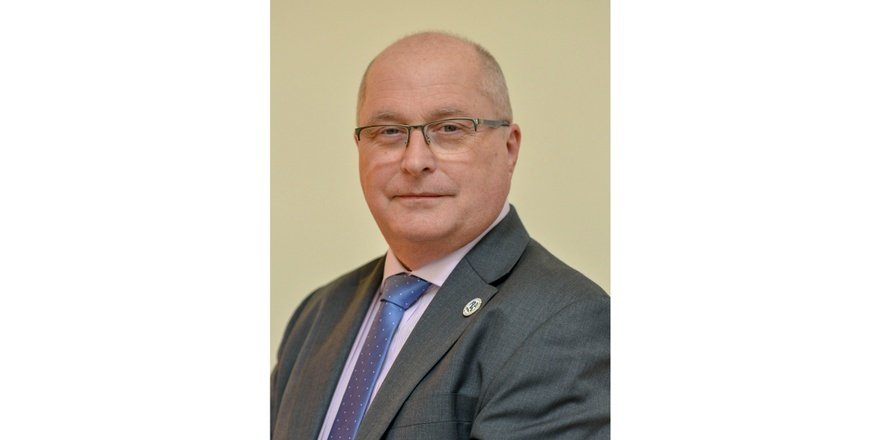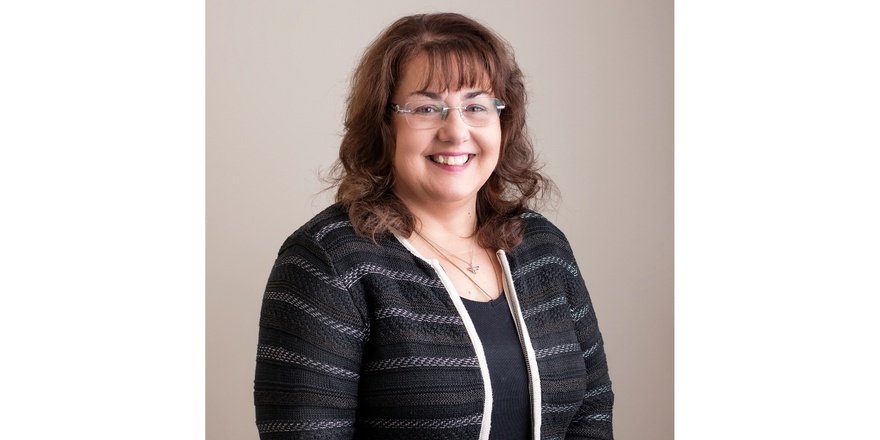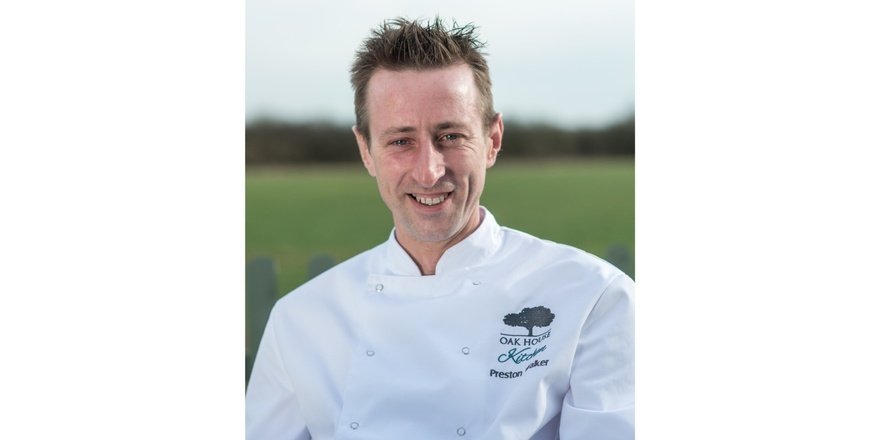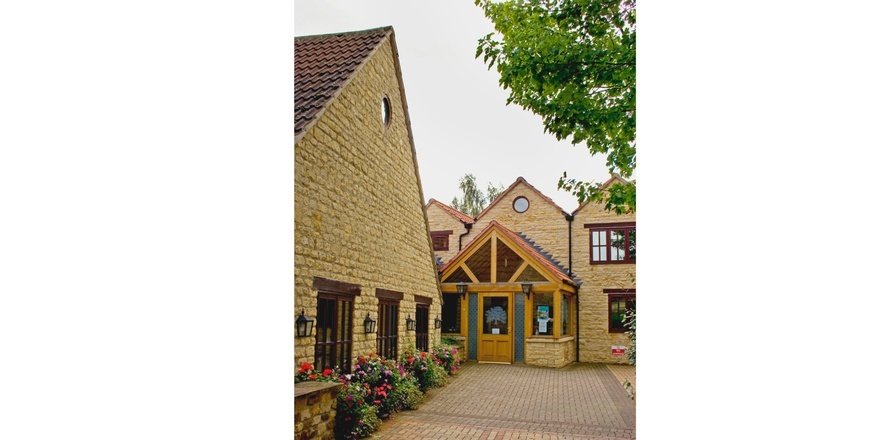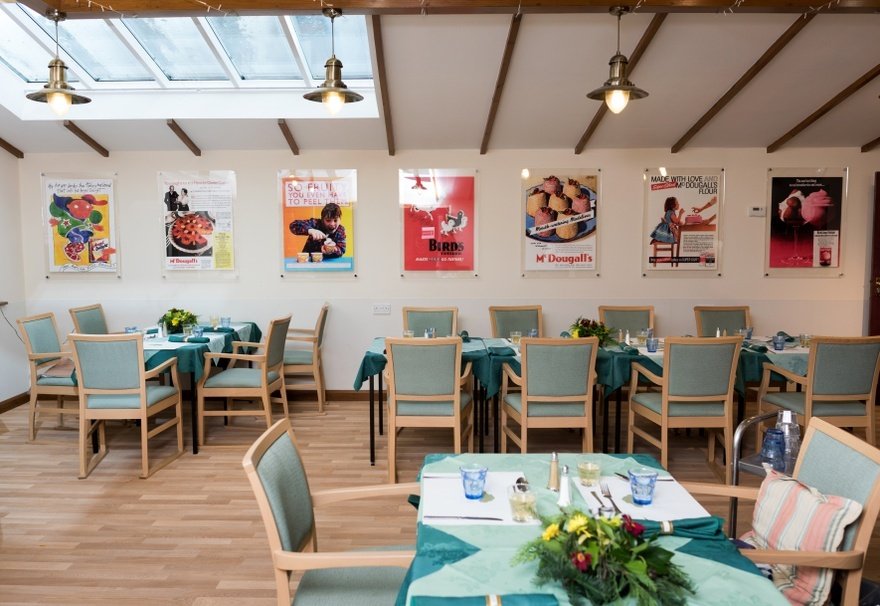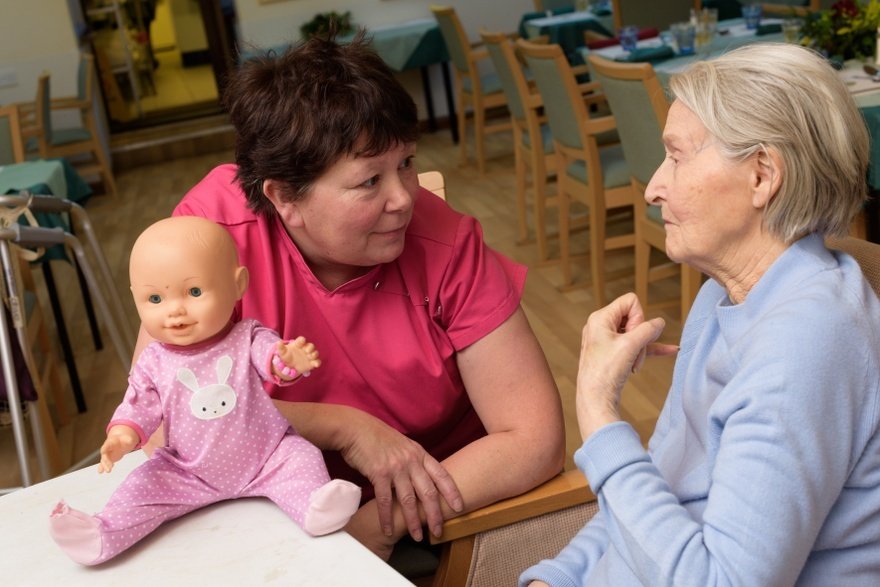Coronavirus has put a huge strain on those working in the public sector, with hospitals and care homes mobilising staff to work around the clock, ensuring patients are catered for at the most crucial time. Lisa Jenkins talks to those behind the frontline
Craig Smith, chair, the Hospital Caterers Association (HCA)
What impact has coronavirus had on hospitals and the staff working in them?
The crisis has obviously presented a real challenge to the hospital caterer, but I am very proud to say that the catering teams have risen to that challenge and gone above and beyond in making sure that the patients, and the catering team members, are well looked after and cared for. Hospital caterers across the whole country have risen to the challenge magnificently.
How did your sector respond?
Each NHS trust set up command groups that at the height of the crisis were meeting at least daily, sometimes every few hours, simply to ensure that the hospitals could cope with the anticipated demand.
The first couple of weeks were hectic, with many of the support teams' management hardly going home at all. Stories of working non-stop for the initial three weeks were not uncommon. Thankfully, this is now resolved, and people are working more realistic, albeit long shifts, but this is not unusual in the catering and hospitality industry.
What were the most significant challenges?
The first was dealing with the staffing levels and coping when team members went into self-isolation. In the early days this looked like it might swamp us, but slowly the picture cleared, and most hospitals have now managed to re-establish conventional rosters, although many are now working on alternative menus.
The second issue in hospitals, ironically, was the fall in patient numbers coming through the emergency departments. This, coupled with the reduction in elective surgery, meant that more beds were rapidly available to cope with the high numbers of people being admitted with coronavirus symptoms. However this also led to a much-reduced patient group that required feeding [patients suffering from coronavirus require little conventional food until they are closer to full recovery].
As with the remainder of the care community, those caterers who are working on the frontline of patient care need to be provided with the appropriate personal protective equipment (PPE). As everybody will have read in the media, this has not always been in such plentiful supply, but on the whole, I believe we have managed to keep our teams as safe as possible since the beginning of the epidemic.
I believe the entire catering industry can take pride in how we adapted so quickly and efficiently to a completely different environment
How did the situation affect retail and staff catering?
The retail and staff catering facilities were immediately affected, with sales to patients and visitors ceasing almost immediately. I have heard reports of drops in sales of between 50% and even 90% in some areas. In the early days there was also a public clamour for all food for NHS staff to be provided free of charge at the point of delivery. Many hospitals are now running different operating times for staff only, offering the restaurants as respite centres where the clinical and support teams can draw breath and refuel.
Some hospitals are charging for some services, such as cooked breakfasts, but a lot are offering the rest of the catering service to NHS staff for free. Not surprisingly, one hospital has reported an increase in footfall to the staff restaurant of 320%!
Food producers have been outstanding, offering free food for NHS employees. While this has been generous, many had not considered the high standards of food safety expected in a hospital environment. There have been examples of well-meaning people from local restaurants bringing ‘hot' food for the staff, with no indication of when the food was produced, at what temperature it was held at and sadly, without any allergen information. Each of these steps could represent considerable food safety issues. Even ‘cold' food such as sandwiches can represent a danger, particularly from Listeriosis, if the products are not maintained at the recommended low temperatures.
While these acts of kindness are really appreciated, many hospitals have asked that the donations be directed at the local communities and those in immediate need.
Did you think coronavirus would reach the level of crisis that it has?
Personally, no, but minds immeasurably superior to mine had already started making their plans. The UK government has had longstanding plans to cope with a global pandemic – in fact, the Emergency Planning College [the government's provider of training in situations such as the pandemic], periodically runs exercises to look at what the effects would be and the arrangements needed to cope, so when the virus arrived we, as a nation, were somewhat prepared.
A team of senior clinicians started to consider how best they would cope when the pandemic reached its height in the capital. From the time the general concept was first formulated to having a 4,000-bed temporary hospital at Excel London ready for operation, it took less than six weeks, a great sign of the co-operation and teamwork that can be achieved when we need it. This has since been replicated in several regional NHS Nightingale hospitals.
What does the ‘new normal' look like?
Returning to ‘normal' will not be the easy task that some people think. Although the NHS has been working solidly throughout the crisis, the hospital catering teams will need time to restock and prepare for the conventional menus. Staff rosters will need to be readjusted back to the routine requirements and many of the retail areas will need to be completely deep-cleaned and prepared before they can return to a safe service.
What positive changes will we see in the future as a result of the crisis?
I think we will find numerous positives when we emerge from this crisis. The first is that I believe the entire catering industry can take pride in how we adapted so quickly and efficiently to a completely different environment. Normal rules of competition were put to one side and everyone worked for the common good.
Many hospitals have been operating on reduced menus during the current crisis, and because of this have witnessed a significant reduction in waste. I would expect some hospitals may well want to reconsider the vast choices that were on offer before. We must always remember that the more choice we offer, the greater the potential there is for wastage.
But I think the biggest positive that will come out of this is the recognition, both by politicians and the general public, of the significant contribution that cooks, caterers, care assistants, food producers, cleaners, delivery drivers, and all the other groups who keep the country moving, make to our overall wellbeing. I hope that will never be forgotten.
Care catering crisis management
Sue Cawthray, chair of the National Association of Care Caterers (NACC)
Sue Cawthray says that, despite the initial fear over how to obtain food for residents, the sector responded well, working together. "Our suppliers were innovative in their thinking and were creative in coming up with ways to get deliveries to us.
"I don't think anyone could have imagined the journey we have all been on in the past months and how we have all had to think differently and work together to deliver vital services. The NACC has supported everyone with regular updates, information, the sharing of ideas, and good practice across the sector, all facilitated with our website, and frequent conversations on Zoom."
Cawthray believes this experience will eventually create some positives, in that the profile of the care sector has been increased significantly. "We have gone from a sector that was allegedly ‘unskilled' to being key in supporting the most vulnerable. The collaboration has been amazing."
Preston Walker, director of Oak House Residential Home and Oak House Kitchen Consultancy and NACC chair for the Midlands, agrees: "The crisis has put a spotlight on social care, and, rightfully given the sector the recognition it deserves.
"As a care provider I have so much respect for my team and I hope following this we can celebrate these individuals throughout the sector. Without the commitment and personal sacrifices people are making, we would be in a very different situation."
He talks of some of the challenges for care home residents, their families, staff and care providers, and says that due to the speed of the escalation, care providers had to react quickly to protect the vulnerable using processes to shield residents and staff. "Although family and friends understand the restrictions we have enforced, we've had to find ways to maintain links with the community through modern technology.
"Protecting staff through social distancing has been a big challenge, particularly when delivering personal care, and it's not unusual to have up to 20% of the workforce having to isolate themselves at different points."
Healthcare catering, says Walker, has many important details that lie outside the regular scope of hospitality catering. An understanding of basic nutrition and hydration along with special medical diets and infection control are crucial in these settings.
Walker has created some online resources for chefs who have found themselves catering for guests with specific healthcare catering needs in hotels repurposed as hospitals during the crisis. "Many hospitality chefs are also transferring to healthcare, so we wanted to provide some very simple guidance and considerations." The videos were filmed on Zoom with dietician Helen Simpson, speech and language therapist Fiona Gardner, Anne Dudley of Hampshire County Council and Walker's colleague James Ball.
"Cross-training chefs from different sectors will make the industry more resilient," adds Walker. "We are currently experiencing a demand for services and many care providers are recruiting kitchen positions.
"With hospitality chefs currently unable to work, there are great opportunities in healthcare. Support through colleges and training providers to deliver healthcare catering courses to these chefs will enable our sector to benefit from their skill, passion and knowledge."
Behind the scenes in the NHS
Andy Jones, facilities director, NHS
With robust plans in place before the lockdown began, Andy Jones says that as the virus progressed it brought new challenges and new ways of operating had to be introduced.
Initially, it was all about communication with staff, allaying any concerns that staff had and making sure they were protected with someone to talk to at any time.
The next priority was ensuring all the teams had the correct PPE and were trained on how and when to use it. "We learned very quickly how to ‘doff and don'," he adds.
With food and drink being an integral part of patients' care plan, ensuring the availability of dining services was a major priority, and checking stockholdings came next, which included contacting suppliers for their Covid-19 plans. None of his suppliers let him down.
Different equipment was required, for instance, foodservice trolleys for when new wards and beds were opened. Again, the suppliers came up trumps with ‘loans' which were on-site by day four.
"We also used our network with our friends at the University Caterers' Organisation to contact universities for extra beds required in the on-call rooms – they were on-site within 24 hours.
"Our suppliers have all gone above and beyond to ensure we had everything we needed and kept us updated of any issues. We haven't had any supply issues – not even flour or eggs or toilet roll.
"Most suppliers have also delivered free product for the staff to enjoy, including Easter eggs, water, meals and fruit. I cannot put into words how this improves staff morale."
Most suppliers have also delivered free product for the staff to enjoy, including Easter eggs, water, meals and fruit. I cannot put into words how this improves staff morale
Reflecting on initial decisions made by the government in response to the pandemic, Jones believes that whoever the government of the day is, they had decisions to make that had no precedent. "This has been the biggest challenge facing us since the end of the second world war and the government has acted as they thought best.
"Maybe they could have been more transparent? But that is a personal opinion.
"I also believe we have left some of the most vulnerable in society without the right means to get access to food and drink. We have to understand it is often the children who suffer and that is not acceptable in any society.
"What is required now is to have a published plan of how we move out of lockdown and how the new world begins. I strongly believe it will be years before we return to what is normal."
Jones says new standard operating procedures will need to be written as we exit from coronavirus at the correct pace. "The most important thing is to move forward working together, and to maintain the ethos of supplier partners. We should look at quality above profit, innovate together, inspire each other, and ban the word impossible!"
Further resources
www.oakhouse-kitchen.com/blog/how-catering-supports-patient-recovery
www.hospitalcaterers.org
www.thenacc.co.uk
www.tuco.ac.uk
Continue reading
You need to be a premium member to view this. Subscribe from just 99p per week.
Already subscribed? Log In


